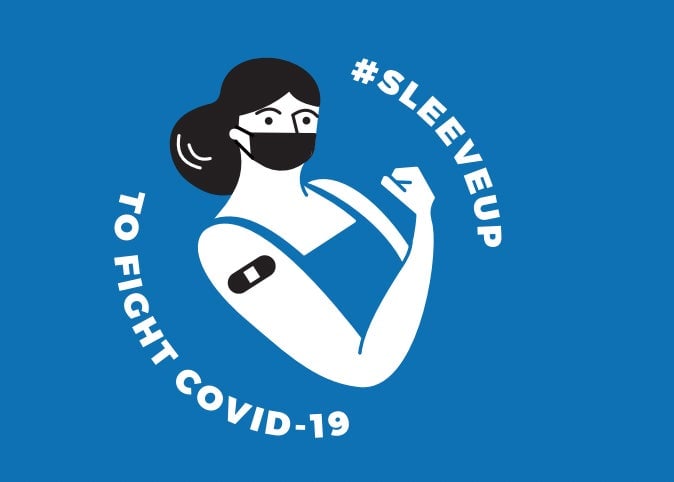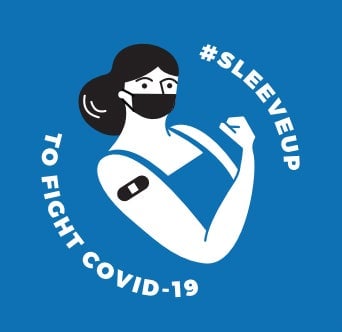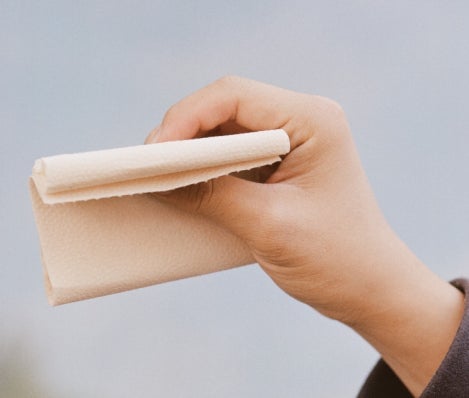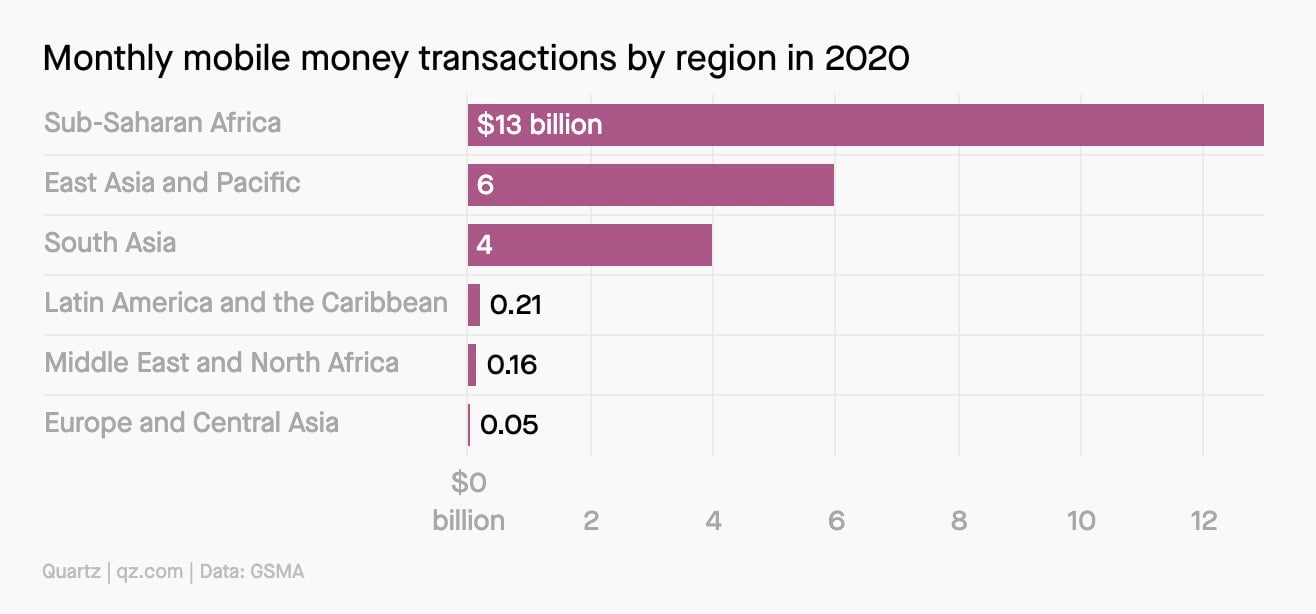The awkwardness of vaccine disclosures in the workplace
To modern workers everywhere,


To modern workers everywhere,
A few months ago, I agreed to meet a source at an outdoor café in Manhattan. It was one of those perfect New York afternoons and both of us were grateful to escape from Zoom and finally meet face-to-face. But things swiftly went awry when I heard her casually mention, mid-conversation, that she didn’t believe in vaccines. I can’t recall the details of her rationale—or anything else she said, for that matter. I was already working out the logistics of getting to the nearest Covid-19 testing center as I fished for a face mask in my bag.
My mind was racing when I left the meeting. I felt bad for ending it so abruptly—of course there are legitimate health reasons why some people can’t safely get the vaccine. But I also feel betrayed by the circumstances. I wish she told me. I wish I knew to ask in advance. Is there a right way to probe? Am I allowed to ask?
Balancing public safety and health privacy, on top of vetting vaccination records, is a messy enterprise. As a recent Harvard Medical School article outlines, there’s still confusion whether asking someone’s vaccination status might be illegal. (In the US, it’s not.)
Judith Martin, the Washington Post’s Miss Manners columnist, has a sensible solution: the “kindest thing” to do, she suggests, is to volunteer the information. “You should make it easy for people to find out without prying and, certainly, without delivering sermons,” she says.
If we can eliminate the weirdness of asking someone’s gender by making preferred pronouns standard in email signatures, might we include a note about our vaccination status in our correspondence too?

And if we haven’t figured out the words, could symbols and non-verbal cues help? Dating apps, for instance, introduced vaccination graphics on user profiles; several hospital systems are giving employees the option of wearing stickers, or pins with their ID badges. Earlier this year, Apple, Google, and Twitter tweaked their syringe emoji—eliminating the red blood in the barrel—so it can symbolize Covid vaccines. We wear stickers the moment we’ve been vaccinated, but they’re arguably more useful day-to-day.
And for those who can’t or won’t get the Covid-19 vaccine for whatever reason, is there a simple way to signal that to others? There have been woeful attempts—a skull and crossbones or misappropriated Holocaust symbols among them—but sure there’s a better, non-combative design solution.
Say it, signal it, whatever form it takes. I, for one, would be grateful for any advance warning.—Anne Quito, design reporter, vaccinated 💉💉
Five things we learned this week
🎤 The deeper the voice, the deeper the pockets. A Northwestern University study links “vocal masculinity” and CEO compensation.
🐔 The UK is giving out short-term work visas to poultry workers. The measure is meant to alleviate severe labor shortages in the food industry.
🏦 Meanwhile, government-run Indian banks are desperate for clerical staff. Many qualified workers are choosing to remain unemployed rather than settle for stagnant wages and stringent work conditions.
🌝 A lawsuit over meetings is stalling NASA’s next moon mission. Jeff Bezos’s Blue Origin and Elon Musk’s SpaceX are embroiled in the case.
💮 A Wikipedia for the burnout generation has launched. FindCenter seeks to centralize resources for wisdom on fighting burnout or seemingly any other human affliction.
Guest perspective
“Entrepreneurs come in so many varieties—many of whom wouldn’t self-identify with the ‘entrepreneur’ label. I spoke to someone from India the other day who told me, ‘No one calls themselves an entrepreneur here, but everyone is one. They just call it work.’ They also might call it survival. And they’ve earned their stripes as entrepreneurs whether they use the term or not.
Shopify president Harley Finkelstein writes in Quartz at Work about the invaluable lessons of “forced entrepreneurs” whose only option is to succeed. Read the full piece here.
You’re invited
Join us for the kickoff of season three of Quartz at Work (from anywhere), formerly known as Quartz at Work (from home). We’re starting with a virtual workshop on Sept. 30, from 11-12pm US eastern time, on “How to manage Gen Z,” sponsored by SAP SuccessFactors.

Expect to learn how companies are adapting to the newest generation in the workforce and how you can ready yourself or other managers to attract, guide, develop, and retain emerging talent.
The live event is free and open to all. Quartz members get exclusive access to the recording and full recap. Not yet a member? Use code QZBIRTHDAY for 50% off an annual membership—a special for our ninth anniversary.
30-second case study
PlantPaper, a four-year old startup that sells high-quality unbleached toilet paper, has been speaking out about the true cost of white toilet paper. It turns out that most industrially made toilet tissue contains trace amounts of potentially harmful bleaching agents that have been found to cause skin irritations or urinary tract infections. It takes gallons of water and chemicals to produce a single roll of toilet paper; the whiter and softer the brand, the more processing it has undergone.
But for all these known health and environmental factors, PlantPaper has to overcome a huge hurdle: Its toxic-free bamboo toilet paper, with a hue that has been likened to “oat milk cappuccino, needs to reckon with deep-set cultural attitudes about color. In Western culture, the color white is associated with purity, safety, and goodness. Going against this norm is an even greater challenge for brands that sell products that touch sensitive parts of our bodies.
The takeaway: PlantPaper’s founders are looking to other consumer goods, like organic eggs and whole wheat bread, that have made the leap from white to brown. “White meant that it was fit for consumption by privileged individuals. I think people feel very differently now, they want something that looks natural,” observes Lee Reitelman, who co-founded PlantPaper with sustainability expert Deeva Green and art director Scott Barry.

The startup’s efforts might also be buoyed by the rise of brown as a marquee color for sustainable brands; Seventh Generation, for example, which used to dye its baby diapers light brown to stand out as an eco-friendly option.
Green says if PlantPaper can just convince customers to get past the optics, they’ll realize that less-than-white toilet paper can feel as luxurious as premium bleached varieties. Plus, a roll of brown toilet paper signals that micro-actions matter. “Every time we go to pee, it can be a reminder that we can do something as consumers, even if it’s as simple as choosing a different-color toilet paper,” she explains.
Charted
Saharan Africa’s mobile money transactions generates $13 billion a month in transaction value, the most of any region in the world.

Read Quartz Africa’s Alexander Onukwue’s investigation on how it got there.
Words of wisdom
“If you have a good name, you can transform your fortunes.”—Catherine Xiang, director of the LSE Confucius Institute for Business London
Quartz’s Samanth Subramanian spoke to Xiang on why the Chinese tend to give their businesses “bluntly auspicious names”.
Office tunes
This memo was produced while listening to a loop of UFO Tofu, a toe-tapping anthem (and palindrome!) by the jazz and bluegrass ensemble Béla Fleck and the Flecktones.
You got The Memo!
Our best wishes for a safe and successful week. Send any workplace news, auspicious business names, viable vaccination status signals, or brown TP tales to [email protected]. Get the most out of Quartz by downloading our app and becoming a member. This week’s edition of The Memo was produced by Anne Quito and Heather Landy.
Editor’s note: This newsletter has been updated to reflect that Seventh Generation has phased out its brown-hued baby diapers.